Case Study
Marginal Way, the iconic 1.25-mile walking trail skirting the ocean cliffs of Ogunquit, ME, is one of New England’s most treasured seaside experiences. Drawing nearly one million visitors each year, it’s not only a pillar of local tourism—it’s woven into the town’s identity.
However, in the winter of 2024, a series of punishing storms changed everything. Wave surge and high tides eroded the shoreline, cracked retaining walls, and damaged concrete bench pads along the trail. Ongoing erosion threatened to undermine the trail’s structural integrity and coastal resilience. The community stood to lose not just a recreational path, but a vital economic and cultural asset.
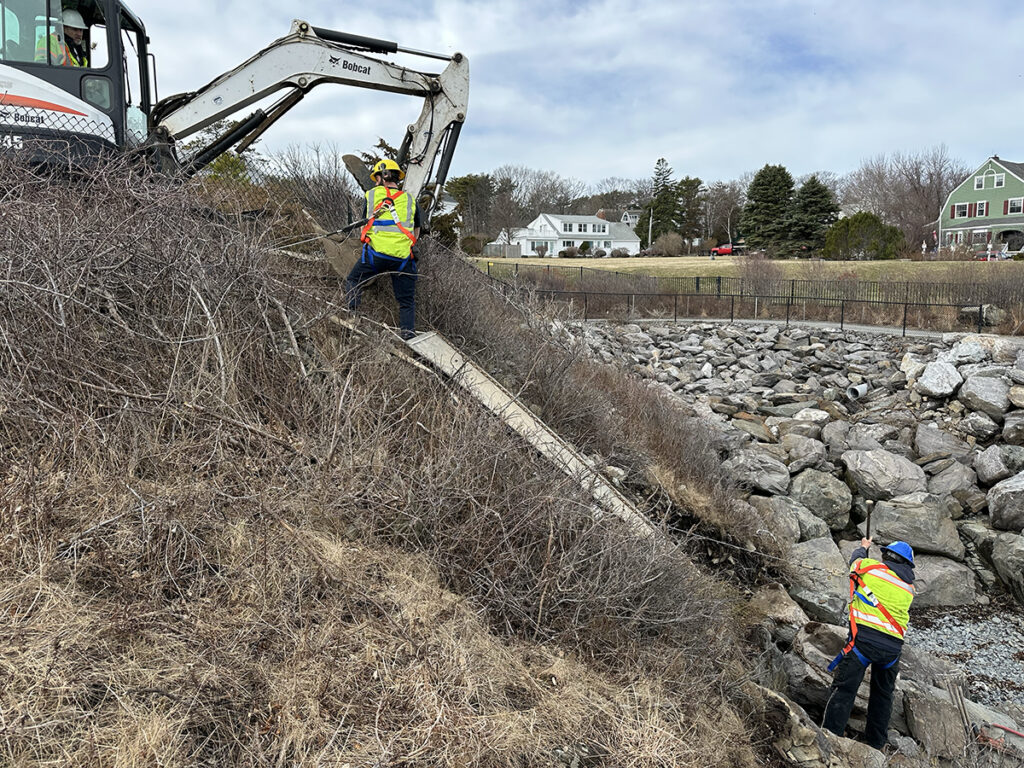
The Town of Ogunquit faced several urgent needs:
● Restore the walkway before peak tourist season
● Ensure public safety along a heavily trafficked area
● Prevent further coastal erosion
● Maintain access and minimize disruption to residents and visitors
Linkel Environmental Construction was brought in to lead the on-the-ground work—drawing on over 35 years of shoreline stabilization and environmental infrastructure expertise.
But the job wasn’t simple. The path’s narrow layout and cliffside terrain made equipment access difficult. Crews had to work around heavy public use while prioritizing safety. And because this was a highly visible and much-loved space, attention to aesthetics and durability was essential.
Linkel partnered with Walsh Engineering Associates to assess the damage and develop a restoration plan focused on long-term resilience. The project was executed in four coordinated phases:
● Phase 1: Site Assessment A joint walk-through with engineers and town officials set the foundation for repair strategy and design.
● Phase 2: Stabilization and Construction Linkel mobilized specialized equipment, created a laydown area for materials, and rebuilt damaged retaining walls using large boulders and high-strength mortar techniques.
● Phase 3: Planting and Ecological Stabilization Native vegetation was introduced to reduce runoff, bind the shoreline, and enhance erosion control naturally.
● Phase 4: Final Walkthrough A collaborative review with the Town of Ogunquit and Walsh Engineering confirmed all work met or exceeded expectations.
Throughout the process, Linkel maintained partial public access whenever possible—redirecting foot traffic safely while keeping the community connected to their coast
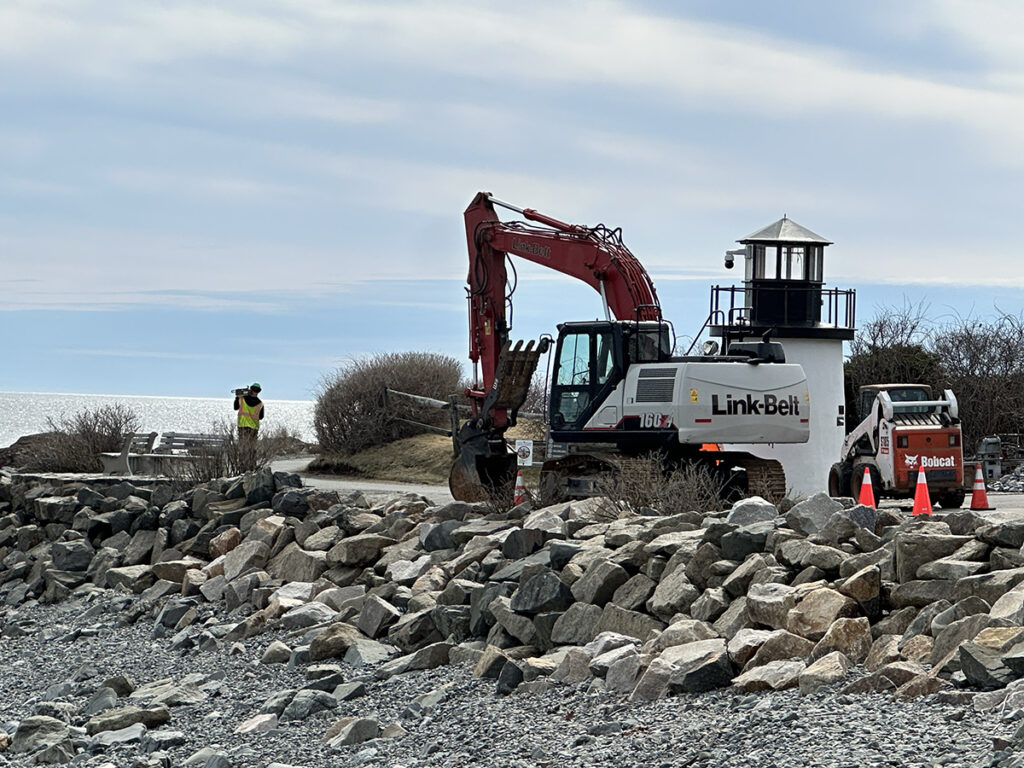
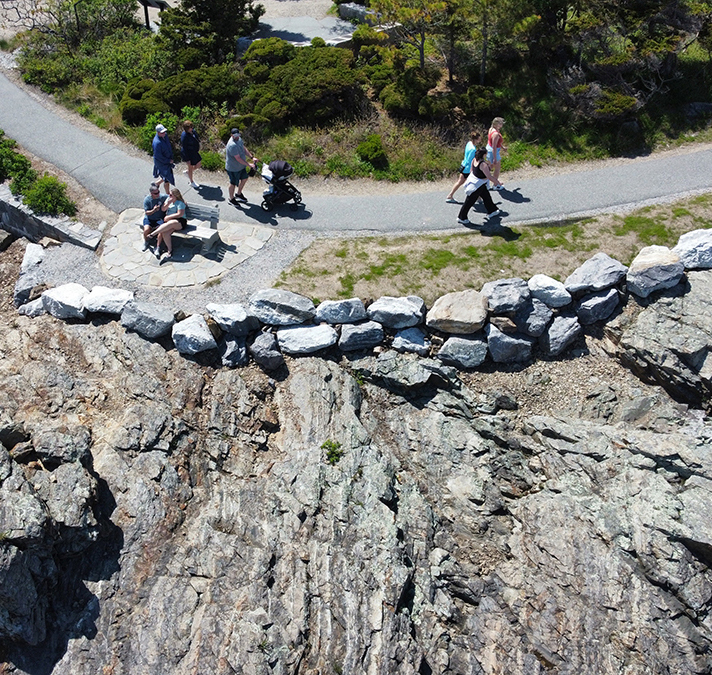
The result is a stronger, safer Marginal Way—restored to public use and fortified against future storms. Key benefits include:
● Improved shoreline stability with reinforced structures and ecological plantings
● Continued safe access to a critical community and tourist destination
● Aesthetic continuity that respects the trail’s natural and cultural character
● Renewed confidence in the town’s ability to protect its coastal assets
Thanks to Linkel’s work, Marginal Way is once again a safe and scenic stroll, ready for another million visitors and more.
The project reinforces Linkel’s growing role as a go-to partner for Maine communities facing the rising challenges of coastal climate impact.
As Maine’s coastal communities face growing climate pressures, Linkel stands ready with practical experience, environmentally sensitive practices, and a proven track record of building resilience where it matters most.
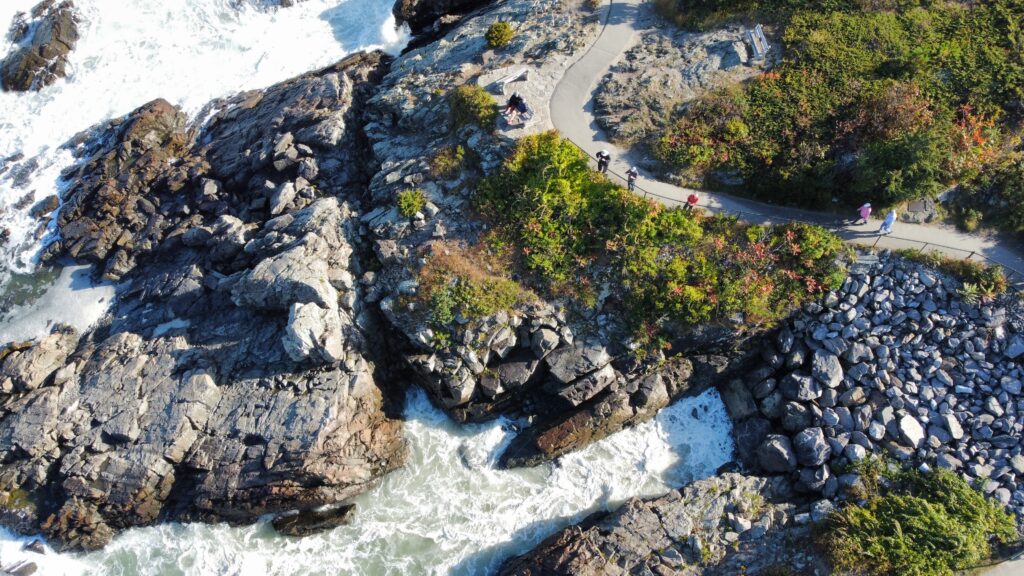
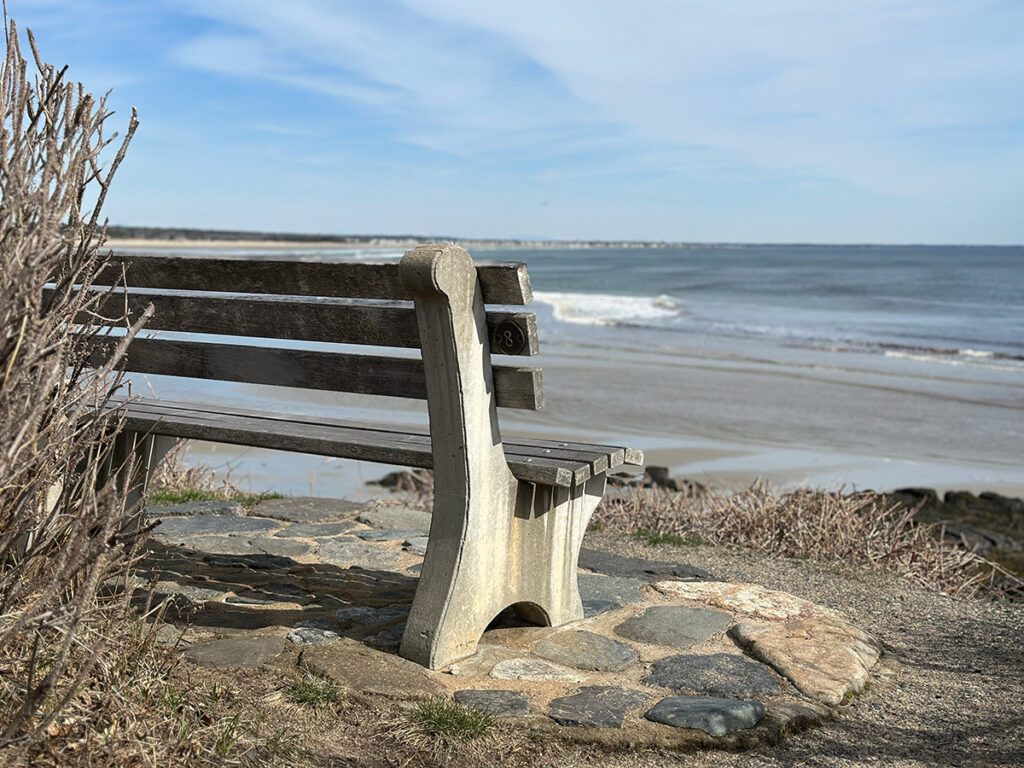
Linkel brings hands-on knowledge, environmental sensitivity, and coastal construction expertise to every job. From public infrastructure to habitat restoration, we help New England communities protect what matters most.